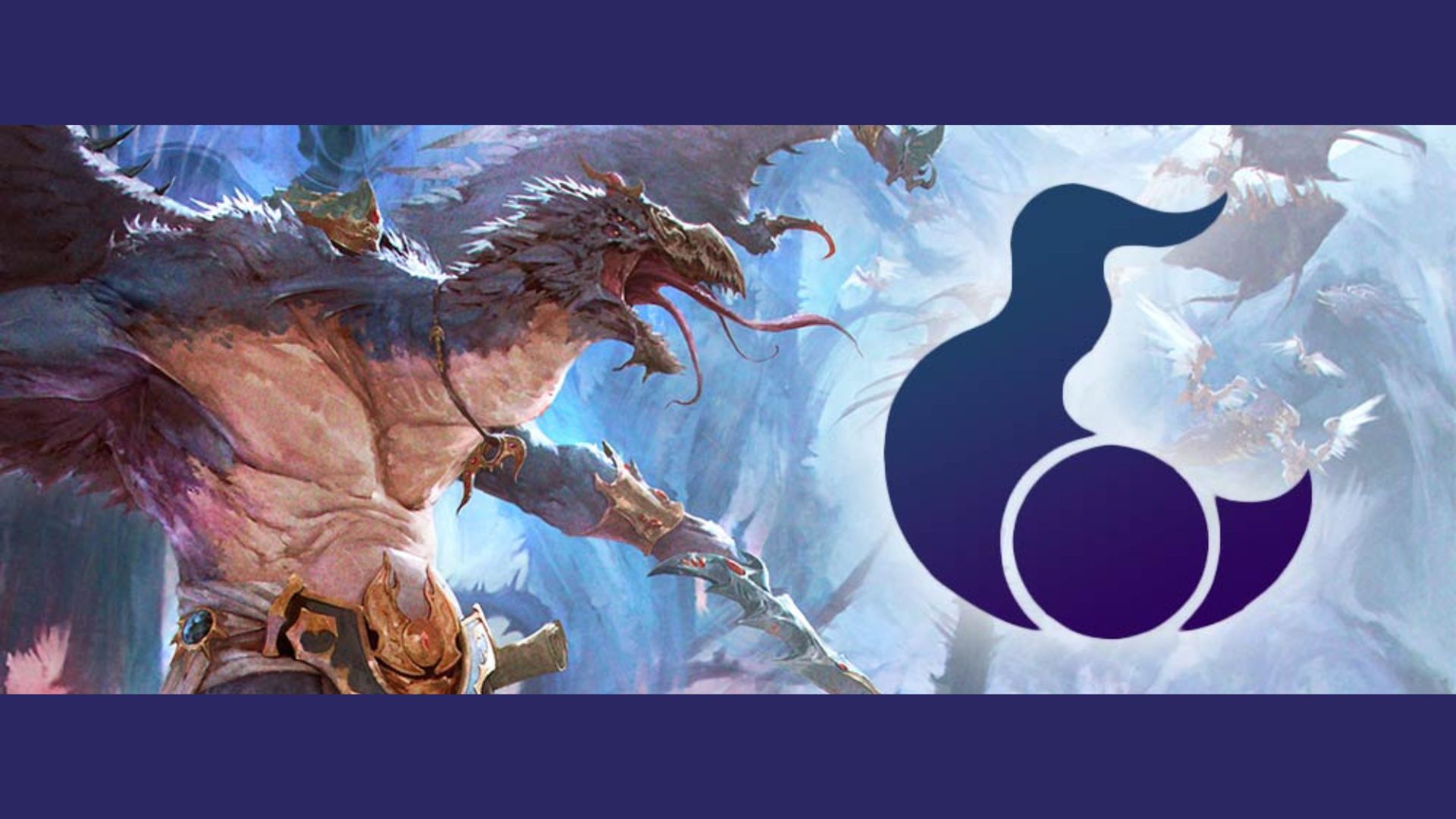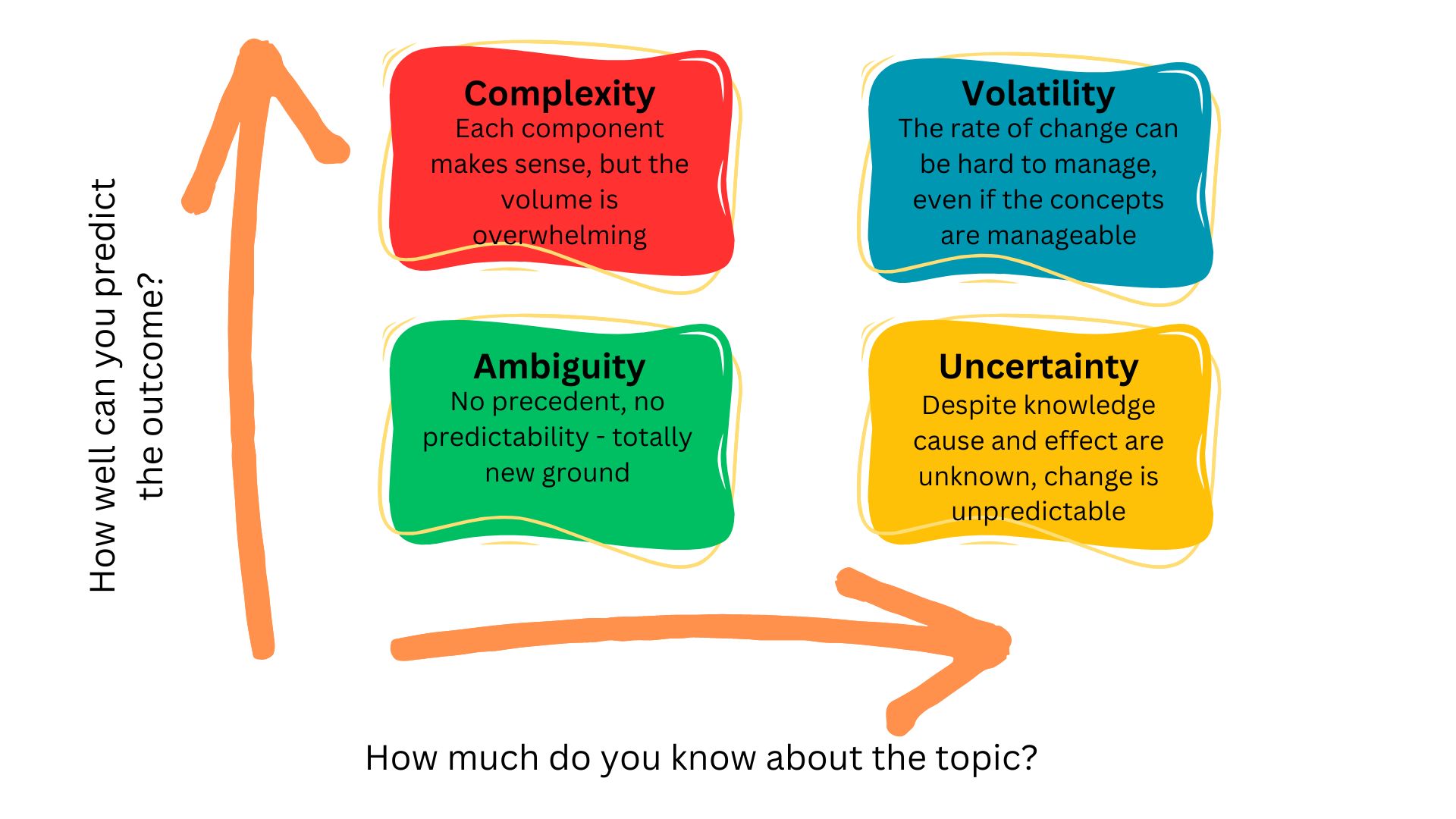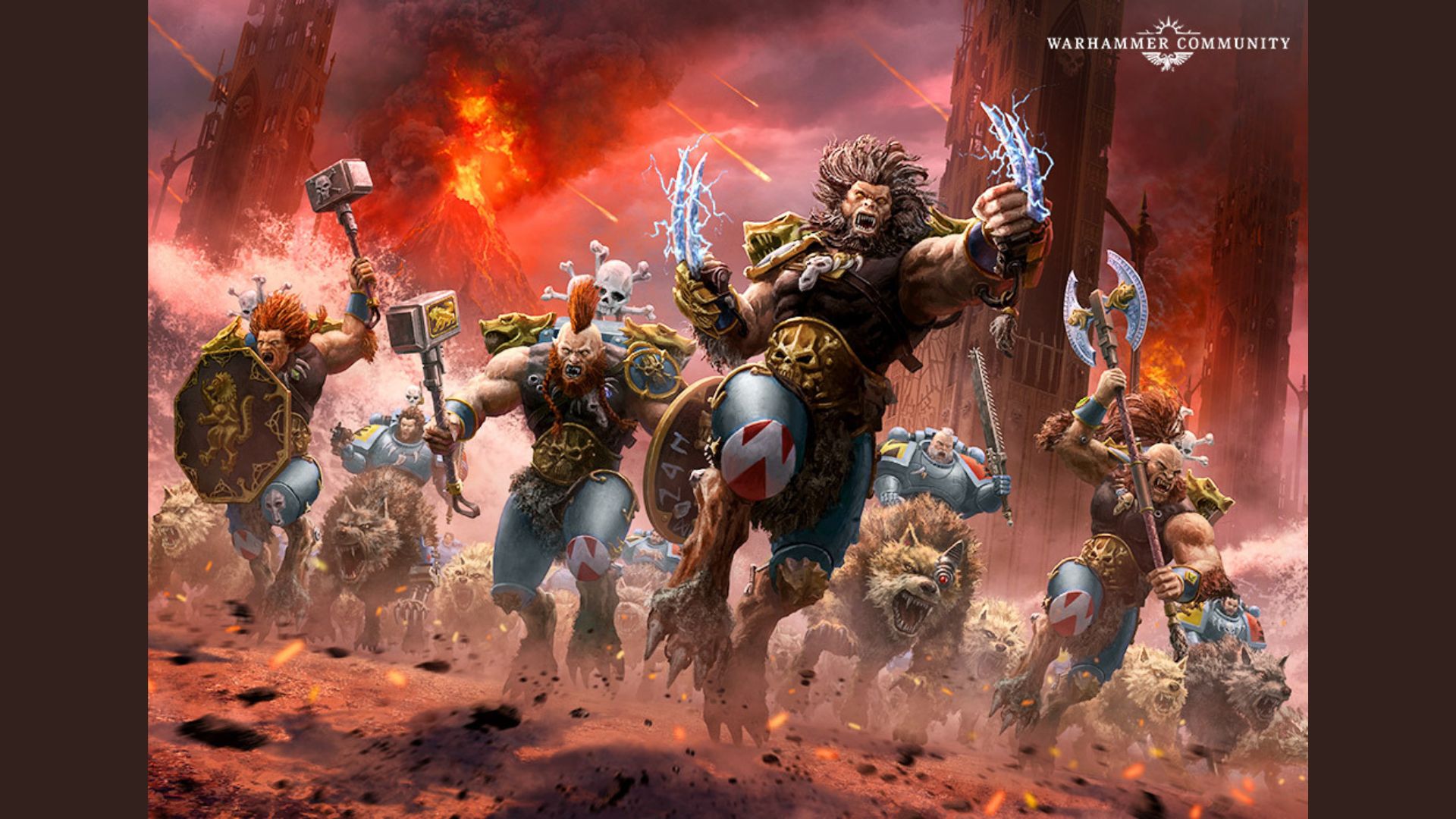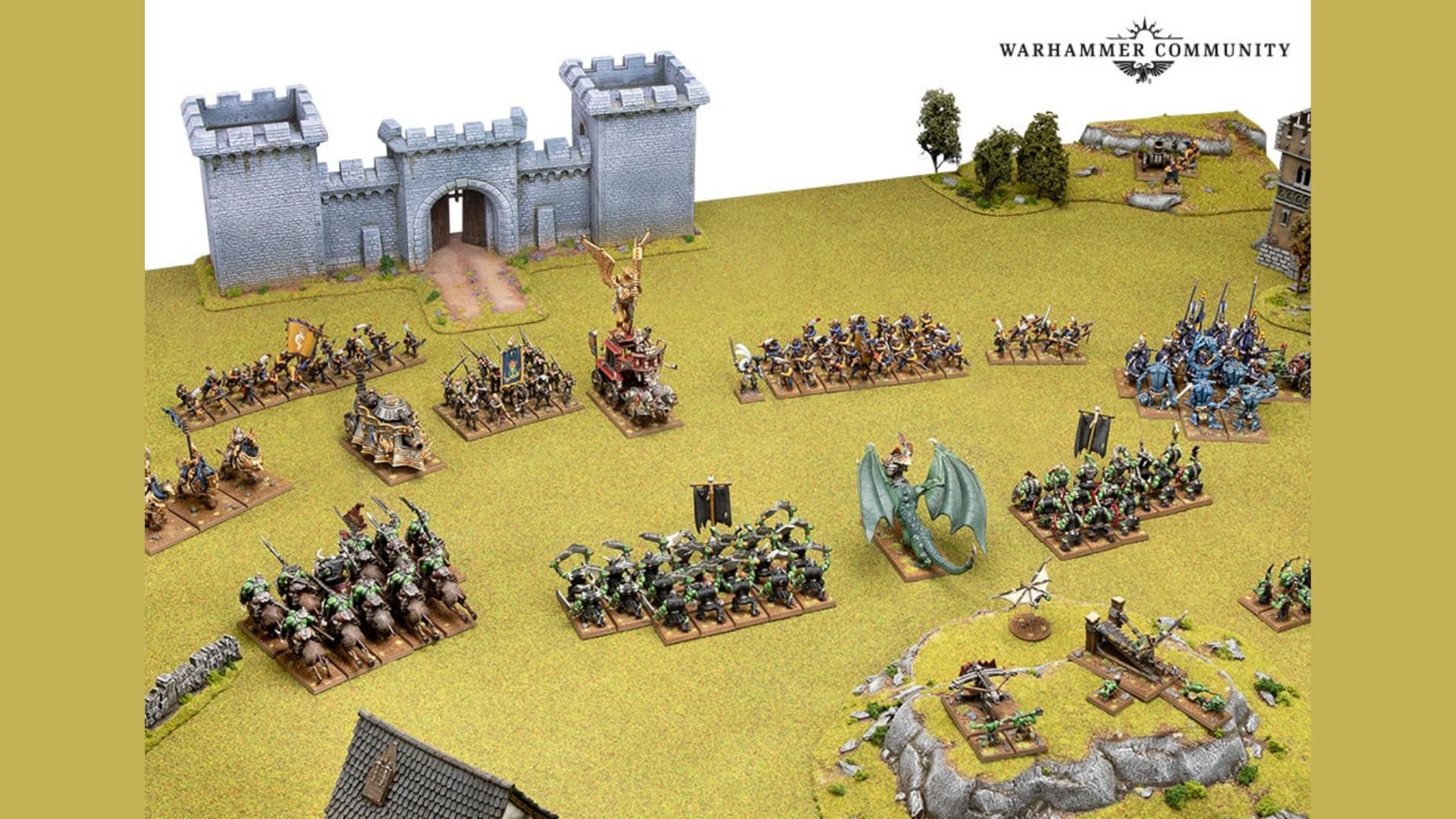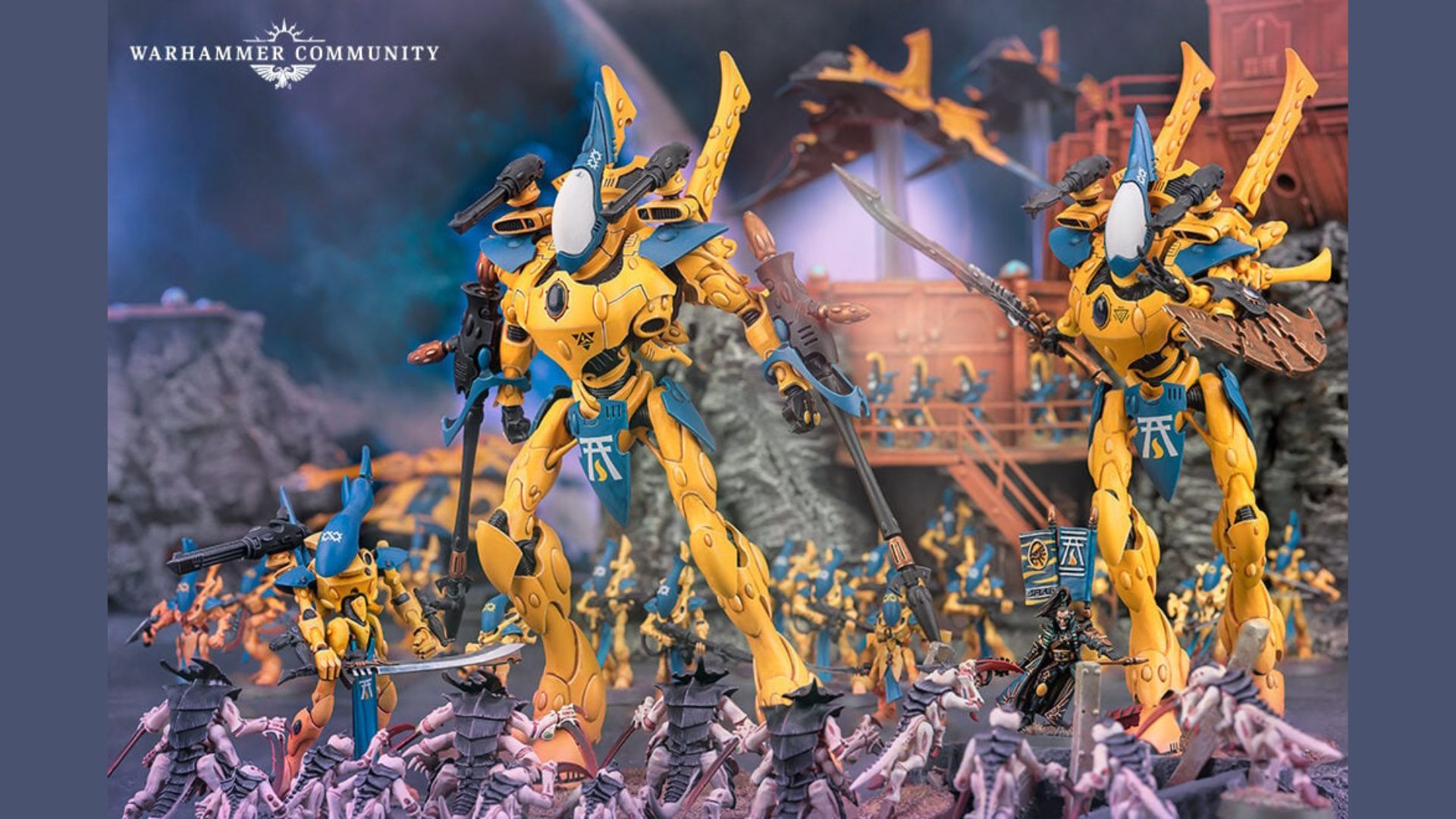Whenever there’s a big change to Warhammer 40k or Warhammer Age of Sigmar, the Warhammer fan community is divided. Each new detail that emerged for Warhammer 40k 10th edition was a source of fiery online debate, often descending into fights an Ork would be proud of.
At the same time, there’s hardly a week without equal grumbling about this Warhammer 40k faction or that Age of Sigmar army needing a nerf, or a buff, or an overhaul. What fuels our resistance to change, and why do we hate it just as much when things stay the same?
I’m Dr Joe, the Wargamer Psychiatrist, and we’re going to explore ‘Greener Grass’ syndrome to learn why it always seems better on the other side, even when it’s not.
Why we hate change
Now I will emphasise that not all changes are good. Sometimes when someone is complaining about a shift, they just might have a point. The same logic applies when we talk about hating stasis – sometimes, the status quo really is busted. But what about when there’s nothing wrong?
When things change, it naturally feels out of our control. It’s just human to want to resist that. Admittedly, the rules of Warhammer 40k were never in your control to begin with – but when the future feels unpredictable, that lack of control is particularly obvious. A feeling of unpredictability can lead to…
Uncertainty
Uncertainty causes anxiety. Anxious thoughts have two components: “Something bad is going to happen” and “I won’t be able to cope”. When something is uncertain, the potential for anxious thoughts increases.
These might not be conscious thoughts – very few people are going to have anxiety struggles from wondering what the exact wording of a new 40k Stratagem will be – but they can happen unconsciously. Games Workshop’s tendency to keep its product releases a deep secret doesn’t help here.
Unconscious anxiety can fuel our next problem…
Competency Concerns
You have your army list, you’ve played some games, you may even have won a fair few! You’re confident that you know the rule set and can navigate the game well. Then all of a sudden, James Workshop tears up your Warhammer 40k fodex and says “Great news! Tenth edition is here”. You have no idea if you’ll still be good at this new edition, if your techniques will still work or even if you’ll still enjoy it.
The change wasn’t your choice, the rules (at least before the rulebook is in your hands) are uncertain. This builds the horrible worry that you might, suddenly, be bad at something you were good at.
This is totally normal – it’s something that will flit through our minds with any change, large or small, in any circumstance.
This may be a hangover from a very old survival drive, one to get you to pay attention to the suspiciously tiger shaped patch of woodland where earlier, you’re pretty sure, there were trees. In response to the change, your brain takes you out of automatic mode and puts you into a state of focused attention.
It’s useful for surviving a saber-toothed tiger attack, but a little maladapted for miniature wargames. Thanks brain, very helpful.
Nostalgia and the Rose-Tinted Retrospectoscope
That edition of Warhammer 40k you love best? The one that hasn’t been beaten since? I hate to tell you, but it had its own problems. Yes, it may have been a simpler time, but I promise you your happiness in that memory of goblin green bases (and similarly shaded carpet stains) wasn’t just down to stockily posed Space Marines and good old to-wound tables.
We have a natural tendency to simplify our memories. Memory is not a clear error-free record of events, but something we reconstruct from rough scaffolding every time we access it. That means that humans can easily reframe any experience as better or worse, just from whether life was particularly good or bad at that time.
People often struggle to speak about or recognise what we’re actually happy or sad about, and we can displace those emotions onto something that’s easier to comprehend or measure. Like how Wulfen have been done dirty since ninth edition and they deserve that 3+ invulnerable save, damnit!
Why we hate things that stay the same
Simply put, we crave novelty. Our brains thrive on the dopamine hit from encountering something new. The craving for novelty is a big driver for the ‘pile of shame’, and no matter how well-written a rule set is, boredom can set in.
Admittedly, the chess rules haven’t been revised for a long time, despite how badly the white side needs a nerf – have you seen the win rate? But in a game as complex as Warhammer, with a narrative drive behind it, we’re always going to want something even shinier.
Self-interest
We might want a change to a system that solves our personal problems, not the wider problems of the hobby community. We might not even recognise how our wishes relate to the wider community.
There’s a great recent Painting Phase episode on YouTube featuring Tom Hibberd, a prior GW Product Designer. He speaks about how, when people complain about a hobby product design choice, that’s usually because they want to solve a problem for them, even if the community at large doesn’t have a problem.

Hibberd uses the debate about the type of bottle paints for miniatures should come in as an example. Games Workshop uses flip-top bottles with a small paint-shelf in the lid. Dropper bottles are better suited for airbrush users and for adding paint to a palette.
But droppers pose problems for new hobbyists: they’re prone to paint separation, and their nozzles can block with the potential of a catastrophic paint explosion. An experienced hobbyist might recognise the skill requirement needed to use dropper bottles, but it’s a potential barrier for new hobbyists. Don’t shoot the messenger, Vallejo devotees!
Conclusion
We’re human. Our brains do annoying and contradictory things to us, and we often do and feel things that aren’t entirely in our control. We crave novelty, excitement and shiny new toys, but we also want to feel like we have some say in those changes, and as much as we want new things, we also fear loss.
Some changes are bad, some are good, but our responses to change are partly driven by subconscious reactions that aren’t totally rational. The next time you see someone call for a change that makes you roll your eyes, stop for a moment and reflect – why am I dismissing this, and could they be right? Unless they want to buff Aeldari Wraithknights. There’s a limit to these things.
Talking of real or proposed changes that generate big reactions: we’ve published articles exploring why people want female Space Marines, from LGBTQ fans questioning the safety of Warhammer 40k communities, and challenging people hung up on the black Aragorn in MTG Lord of the Rings to get over it.

